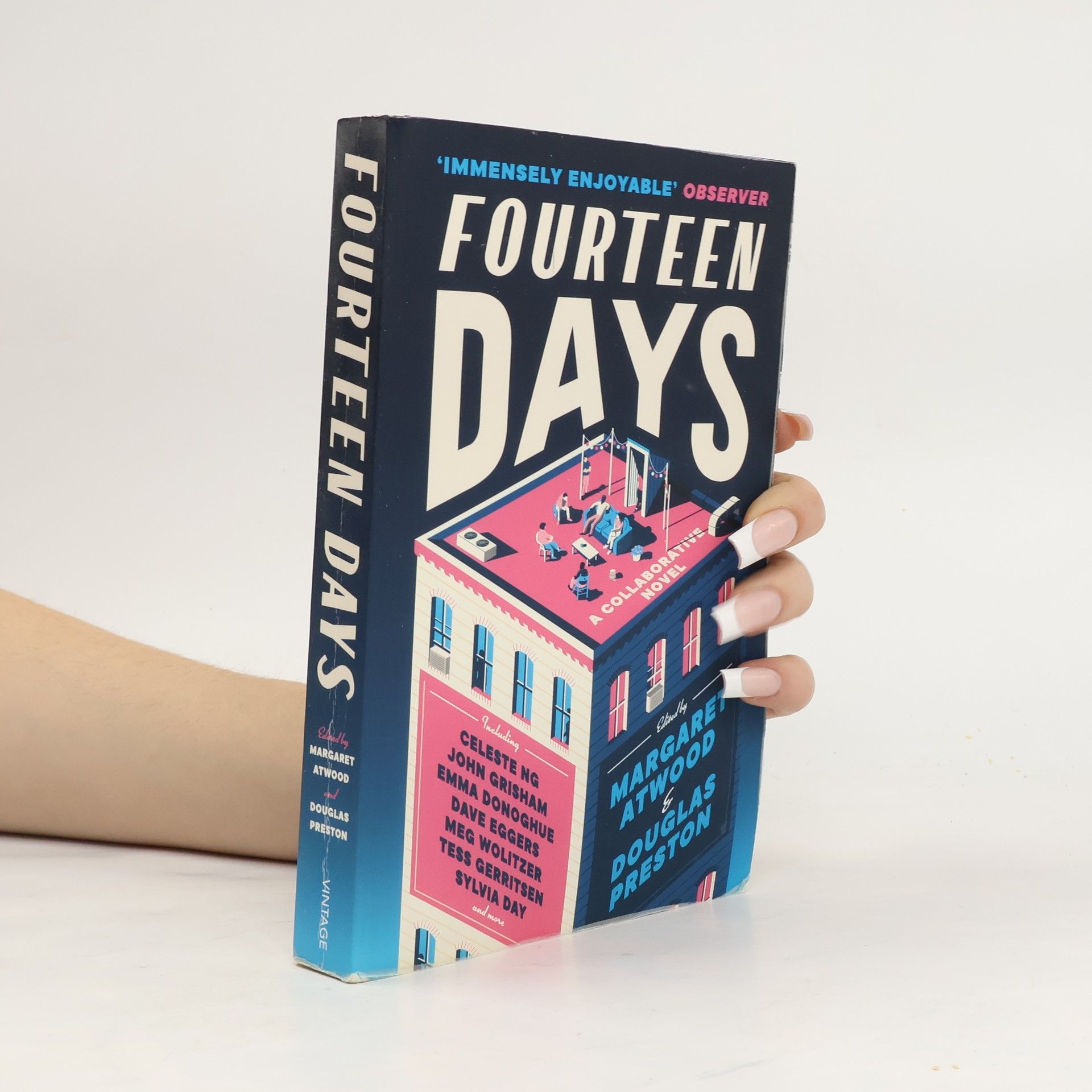Fourteen Days
- 384 pages
- 14 hours of reading
'Compelling' Marie Claire * 'Immensely enjoyable' Observer * 'Fascinating' Red * One week into lockdown, the tenants of a Manhattan apartment building have begun to gather on the rooftop each evening and tell stories in this exciting new twist on the novel. With each passing night, more and more neighbours gather, bringing chairs and milk crates and overturned buckets. Gradually the tenants - some of whom have barely spoken to each other before now - become real neighbours. With each character secretly written by a different, major literary voice - from Margaret Atwood to John Grisham and Celeste Ng, Fourteen Days is a heart-warming ode to the power of storytelling and human connection. 'An immensely enjoyable product of an immensely unenjoyable time, Fourteen Days is lively, freewheeling... An impressive achievement' Observer 'Fourteen Days serves as a valuable reminder that stories can teach, console, provide a place of acceptance and perhaps even change their readers (or listeners)' Financial Times Includes writing from: Margaret Atwood, Sylvia Day, Emma Donoghue, Dave Eggers, Diana Gabaldon, Tess Gerritsen, John Grisham, Erica Jong, Celeste Ng, Tommy Orange, Doug Preston, R.L. Stine, Nafissa Thompson-Spires, Meg Wolitzer and many more.




